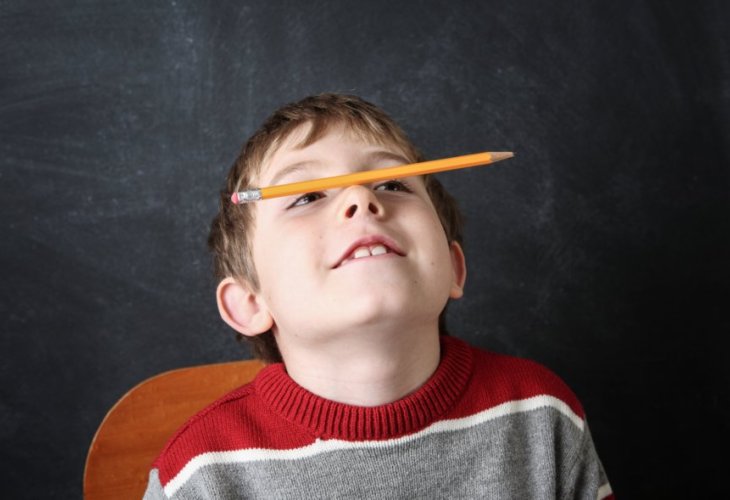Health and Mind
Finding Myself Through ADHD: A Story of Hope and Healing
A heartfelt story of one boy’s struggle with ADHD and how understanding, love, and the right support brought him healing and calm
 (Photo: Shutterstock)
(Photo: Shutterstock)“My parents told me they noticed early on that I was different from my siblings,” Yitzchaki begins. “Even as a baby, they saw signs that something was different. I cried a lot, didn’t sleep much, hardly ate, and couldn’t seem to stay focused on anything. I was constantly restless.”
He was startled by sounds, distracted by even the smallest movement. Concerned, his parents consulted a doctor who said there was no reason to worry and that it would pass with time. But it didn’t. As Yitzchaki grew older, the differences became clearer and more difficult.
He developed faster than his siblings in some ways. He rolled over, sat up, and walked earlier. But once he started walking, it was hard to keep him safe. His parents had to rearrange their entire home by putting up window bars, moving anything fragile out of reach but it didn’t help much. He was drawn to climb everything, especially the least stable things. Many items were lost or broken in the process. And of course, he fell, got hurt, and needed frequent visits to the clinic. Yitzchaki doesn’t remember all of it, but his parents certainly do.
Kindergarten brought a mix of relief and new challenges. “My mom says that when I started going to kindergarten, she finally had a few hours of rest,” he says with a smile.
In the younger children’s group, he did enjoy it. There were new experiences, and the teacher was kind. When he felt like his feet were “burning” and he just couldn’t sit anymore, the teacher would smile and let him go outside to play.
But things changed when he moved up to the older class. There was more sitting, longer stories, and more learning, letters, reading, writing neatly within the lines. “In my head,” he says, “it felt like chaos.”
Conversations between his teacher and his mother became more frequent. “He’s bothering the other kids,” they’d say. “He only seems calm when he’s outside playing alone.” His parents felt sad and worried. Yitzchaki noticed their pain and began to feel that it was his fault. “I was afraid they wouldn’t love me anymore,” he says quietly. “At night, I would hide under the blanket and finally feel at peace.”
When he entered religious school (cheder), things only got harder. “It was a long, unbearable time,” he remembers. “I couldn’t sit still. One moment I was standing, the next shouting, or running, or taking someone’s pencil case. The teacher would be talking to me, and I had no idea what he was saying.”
Every sound became overwhelming like the buzzing of a fly, a passing car, someone coughing or blowing their nose. “Everything crashed in my head at once.”
The years that followed were filled with struggles, sadness, and arguments both at home and in school. But eventually, there was a turning point.
One caring teacher suggested that his parents see a doctor. After some tests, including computer-based assessments, the doctor gave him medication.
“And from that moment,” Yitzchaki says, “everything calmed down.”
Suddenly, his mind was quiet. He could hear the teacher. He began to learn and understand. He noticed that he wasn’t jumping up in class anymore, wasn’t fighting, wasn’t taking things that didn’t belong to him. “My feet didn’t feel like they were burning,” he recalls. “I didn’t have to move anymore.”
His parents shared everything they had learned with his teachers. They explained how to help him in his studies. They also spoke to his siblings, helping them understand what he was going through and how to support him.
“They told me they were getting advice to help me with what they called ‘weak attention and focus.’ And slowly, I saw that the atmosphere at home changed too. I got yelled at less. I was punished less. They spoke to me more calmly.”
Looking back now, Yitzchaki says something powerful.
“Once they discovered what was really going on, and they began to treat it, that’s when I truly started to live.”

